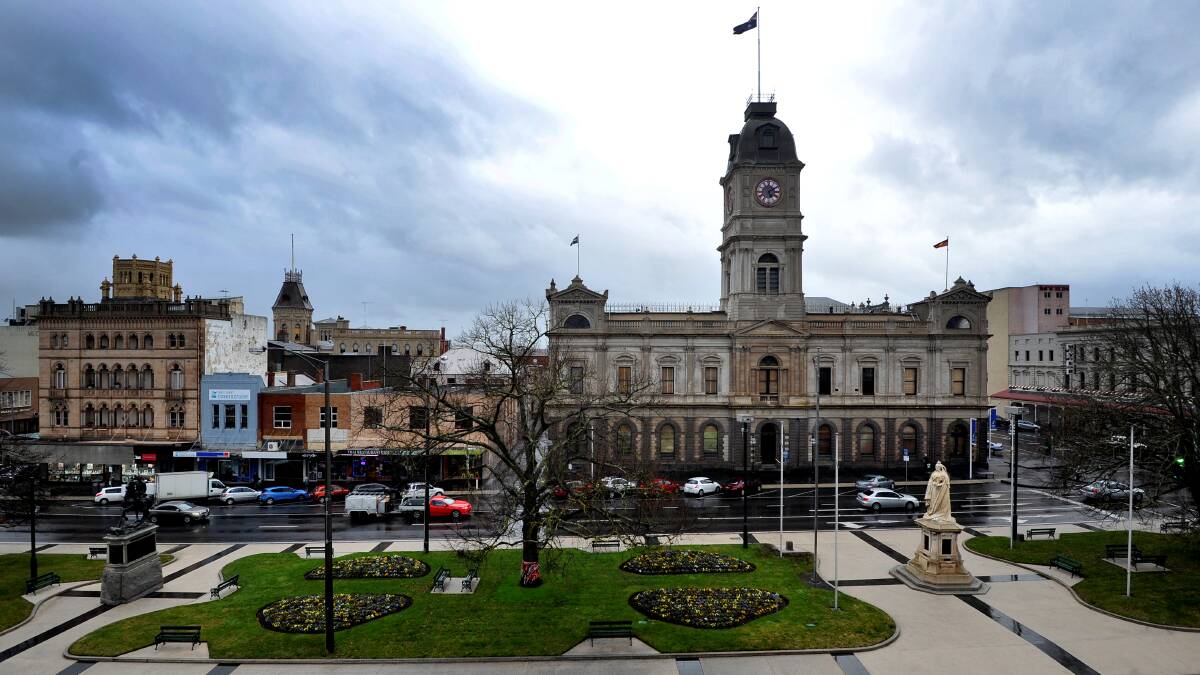
Parents are calling on the Ballarat City Council to use a $1.3 million pot of money leftover from the refurbishment of the Ballarat Aquatic and Lifestyle Centre (BALC) to restore slashed childcare services.
Subscribe now for unlimited access.
$0/
(min cost $0)
or signup to continue reading
The council announced earlier this month BALC’s long-running occasional care and three-year-old kindergarten children's programs will cease after being deemed financially unviable.
The Courier understands four staff have lost their jobs as a result of the cuts and up to 50 families who use the service will be impacted.
An online petition started by Ballarat mum Tracey Hargreaves is imploring the council to reverse its decision.
It has already secured more than 300 signatures.
Ms Hargreaves said on Friday she believed the money leftover from the council’s aquatics fund should be used to restructure the day care services at the centre and improve financial viability.
“There must be ways to make the child care services more economically viable," she said. “If the council could somehow investigate how it could restructure the day care programs and remodel it in a way it could get subsidy outside of rates it could see the programs operate and even expand into the future.”
Earlier this month, the council dumped plans to use the $1.3 million to build a indoor mega water slide.
Ms Hargreaves used the occasional care service for her two young children up to three times a week for years while she juggled running her own business.
Ms Hargreaves said she’d now be forced to find a new occasional care centre with the BALC’s remaining creche services only open between 8.45am and noon. She’s also started a Facebook page called Save the BALC Children’s Centre to mount pressure on the council to reverse its decision.
However, Ballarat council's community development director Neville Ivey said it would not be possible to used the $1.3 million fund.
Mr Ivey said councils must comply with the federal government’s National Competition Policy for discretionary services and business activities like childcare, which meant it must adjust its service prices to neutralise competitive advantages over the private sector.
He said the council had already considered a number of alternate models, but was unable to deliver occasional care and three-year-old activities at the BALC without substantial ratepayer subsidy.


